Environment Posts on Crowch
On March 1, 2026, Japan will host the Tokyo Marathon — the race that traditionally opens the season of the legendary World Marathon Majors. For thousands of runners, this event is not just about competition, but about becoming part of the history of the world’s greatest marathons.
A World-Class Marathon
Since its debut in 2007, the Tokyo Marathon has quickly earned its place among the most respected and eagerly awaited races on the planet. Today, it stands alongside Boston, London, Berlin, Chicago, and New York, forming the “Big Six” of the marathon world. A victory in Tokyo is a career highlight for elite athletes and a mark of pride for entire nations.
An International Community of Runners
In 2026, participants from dozens of countries will line up at the starting point, bringing with them not only their athletic ambitions but also their cultures and stories. The unique spirit of camaraderie and mutual respect turns the Tokyo Marathon into a celebration where language and nationality disappear — in Tokyo, everyone runs together.
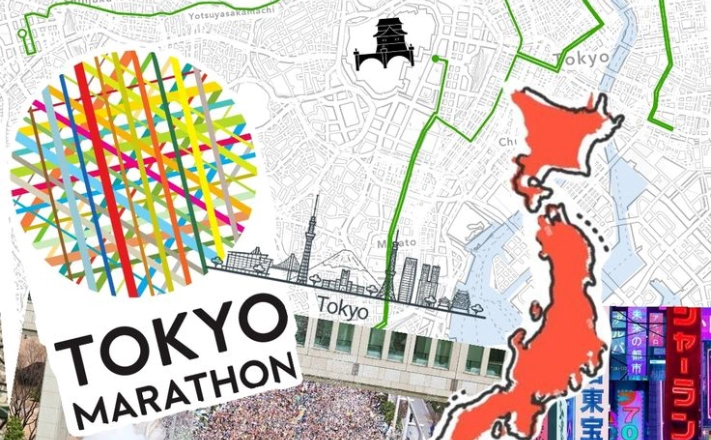
Tokyo as a Capital of Running
For the people of Japan, the marathon is more than a sporting event — it is a festival that unites an entire metropolis. Millions of spectators line the streets, traditional taiko drummers echo through the avenues, and volunteers greet runners with warm smiles. All of this creates an unforgettable atmosphere, making the Tokyo Marathon a once-in-a-lifetime experience.
A Chapter in a Greater Story

Crossing the finish line in Tokyo is not only a personal triumph but also a step into the broader history of global marathoning. For many, this race marks the beginning of a larger journey: some set their sights on completing all six Majors to earn the coveted Abbott Six Star medal, while others simply want to experience the unique spirit of one of the most charismatic races on Earth.
✨ The Tokyo Marathon 2026 is more than a sporting challenge — it is an international festival of friendship, unity, and passion for running that brings the world closer together.
In a world where differences often create divisions, sport and culture act as powerful forces that bring people together. They create cultural bridges, helping us find common ground and new forms of interaction.
🏅 The Olympic Games — A Symbol of Unity
Every four years, the Olympics gather athletes and fans from across the globe. For a few weeks, borders disappear, and the Olympic flame becomes a symbol of shared humanity. The Games remind us that sport can unite, regardless of political or cultural differences.
⚽ World Cups — Celebrations of Culture
FIFA World Cups are more than football tournaments; they are cultural festivals. Qatar 2022 showcased Arab identity, while North America will unite the U.S., Canada, and Mexico in 2026. Fans experience not just matches but also traditions, food, music, and the spirit of the host nation.
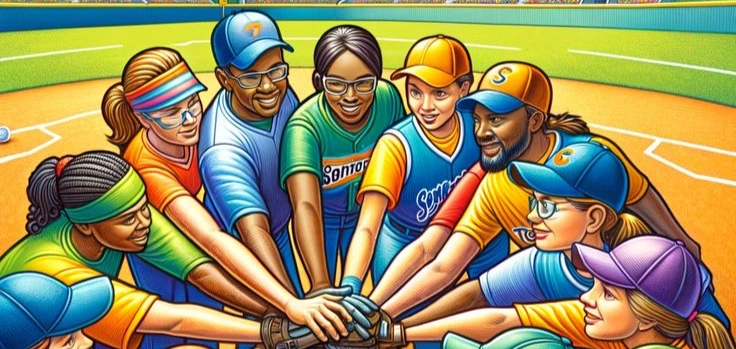
🎮 Esports — The Bridge of a New Generation
Esports has emerged as another cultural bridge for younger generations. Global tournaments like the Esports World Cup gather players and fans from all continents. The language here is gaming — fans from Asia, Europe, Africa, and the Americas cheer side by side.
🎶 Culture Within Sport
Modern sport is inseparable from culture. Olympic ceremonies blend tradition with innovation, while the Super Bowl halftime show has become a cultural phenomenon of its own. Sport provides a platform where nations share their art, music, and identity with the world.

🌍 The Bridge of the Future
The importance of cultural bridges will only grow. NBA games in Europe or NFL matches in Brazil and Ireland are not just about sport — they are cultural exchanges. With digital broadcasting and virtual reality, these experiences become accessible to millions everywhere.
✨ Conclusion
A cultural bridge is more than a metaphor — it is reality. Sport and culture allow us to connect, celebrate diversity, and build unity. Every match, every performance, and every event is a step toward a world where we are closer to each other.
Domestic violence is a wound that is often invisible. It hides behind closed doors, behind forced smiles, and behind silence. Survivors may continue going to work, seeing friends, living daily life, but inside they live with constant fear. October is the month when we must break that silence, bring the issue to light, and offer support.
Domestic violence knows no boundaries. It is not limited by country, age, education, or income. It can affect anyone. That is why we must recognize: violence is not a “private matter,” but a human rights and justice issue.
✨ Why do we need this month?
- To break the myths. Abuse is not always physical. Control, threats, financial manipulation, or emotional humiliation are also forms of violence.
- To support survivors. Everyone deserves to know they are not alone and that help is available.
- To change culture. We must teach children and young people to build relationships based on respect, not fear.
- To give hope. Stories of those who escaped and rebuilt their lives serve as inspiration and strength for others.
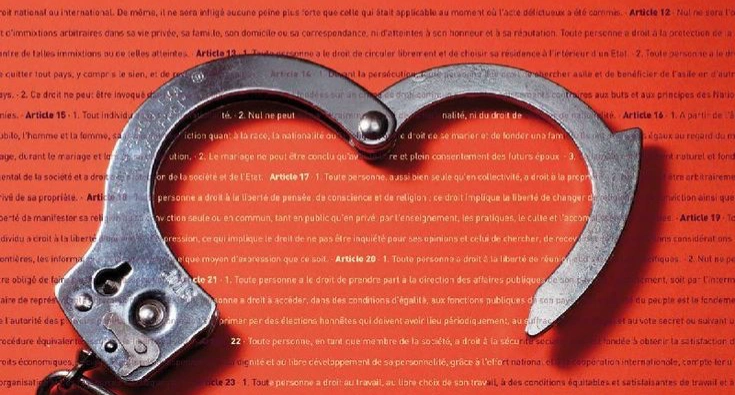
Domestic Violence Awareness Month is a reminder that we have a voice — and we must use it. A voice that says “no to violence.” A voice that supports those too afraid to speak. A voice that unites people for change.
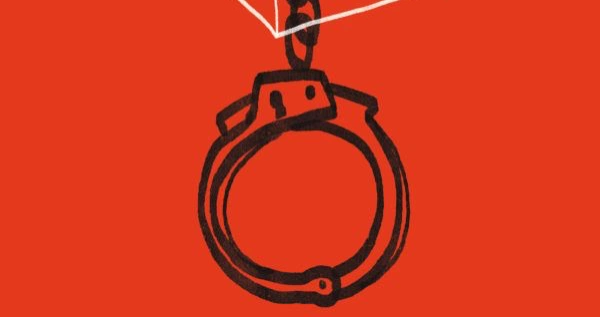
Each of us can take action: share hotline numbers, support awareness campaigns online, donate to organizations, or simply listen to someone who needs to be heard. Small steps create big change.
October in purple is a symbol of hope and solidarity. It is a chance to show that violence will not remain in the shadows. It is an opportunity to say to millions of people: “You are not alone. The world hears you. The world is ready to help.”
October is a special month. It is a time when millions of people across the globe unite for one purpose — to remind everyone about the importance of health and to support those fighting breast cancer.
The pink ribbon we see on clothing, buildings, and social media is more than just a symbol. It is a sign of solidarity. It is a way of saying: “You are not alone. We are with you.”
Breast cancer can sound frightening as a diagnosis. But it is also a story of strength and resilience. Stories of women who continue to work, raise children, chase their dreams, and believe in the future despite the challenges of treatment. Stories of families and friends who stand by their loved ones, becoming sources of light, encouragement, and energy during the darkest moments.
Why is this month so important?
- Early detection saves lives. Regular check-ups, mammograms, and self-exams are not just routine — they are life-saving practices that can make all the difference.
- Support makes a difference. Sometimes, the most valuable help is not financial or medical, but simply being there, listening, offering words of kindness, and reminding someone that they are not facing this journey alone.
- Everyone can contribute. You don’t need to be a doctor or a scientist to make a change. Sharing awareness materials, joining a charity event, donating, or even wearing a pink ribbon sends a powerful message of hope.
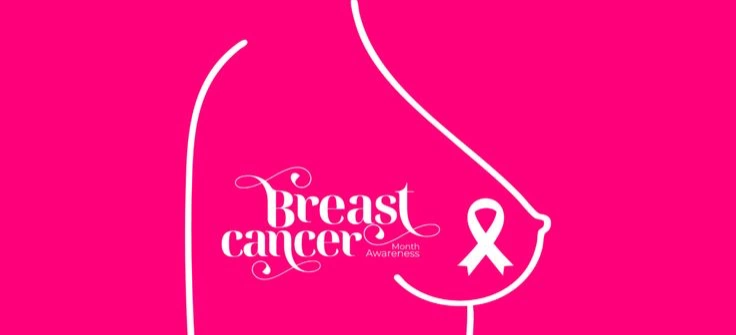
Breast Cancer Awareness Month is not only about illness. It is about hope, courage, and community. It is about believing that with advances in medicine, growing awareness, and collective action, more and more lives can be saved. It is about remembering that no one should ever face such a challenge in isolation.
This month also serves as a reminder that taking care of ourselves is an act of strength, not weakness. Scheduling a screening, talking openly about health with friends and family, or encouraging loved ones to prioritize their well-being are small steps that can lead to big changes.
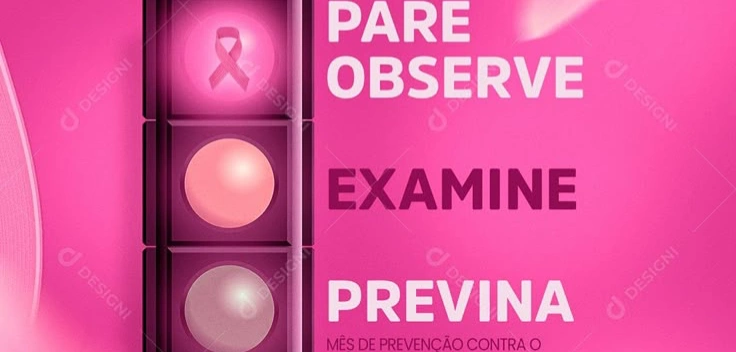
October in pink is our shared voice. A voice that speaks of support, of unity, and of life. Together, we can raise awareness, show compassion, and build a future where the words “breast cancer” no longer bring fear, but instead inspire stories of victory, survival, and strength.
Let’s wear the ribbon with pride, speak out without fear, and support one another with love. Because when we stand together, hope shines brighter than fear.
October around the world is marked by the pink ribbon — a symbol of the fight against breast cancer, of support, and of hope. This month reminds us that health is a priceless value and that caring for ourselves and our loved ones can save lives.
Breast cancer is one of the most common forms of cancer. But at the same time, it is a disease that can often be defeated if detected early. Modern medicine, regular screenings, and being attentive to our bodies give millions of women and men (since breast cancer can also affect men) a chance at life.
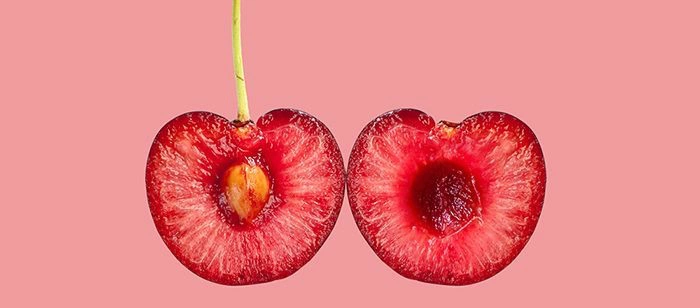
What does Breast Cancer Awareness Month stand for?
- Knowledge. The more we talk about prevention and diagnosis, the higher the chances of stopping the disease in time.
- Support. This month reminds us that no one should face fear and illness alone.
- Solidarity. The pink ribbon unites people, showing that we are in this fight together.
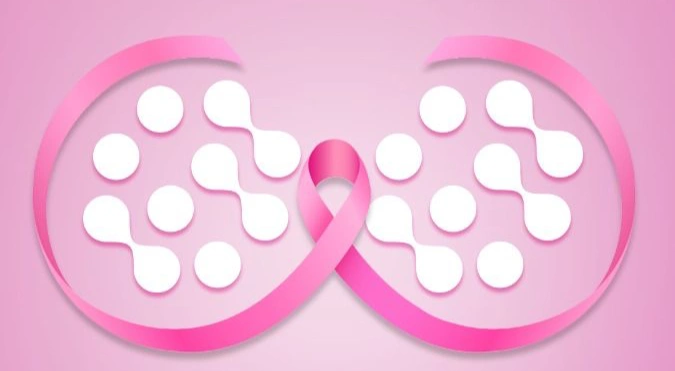
Breast Cancer Awareness Month is about stories. Stories of struggle, resilience, victories, and love. It is about women who find the courage to move forward every day despite pain and hardship. It is gratitude to doctors who fight for every life. It is about the words of encouragement from family and friends who stand by in the hardest moments.
Each of us can contribute: by sharing information, reminding loved ones about prevention, supporting a charity, or simply offering words of hope. Small steps add up to big changes.
October in pink is not just a symbol. It is a reminder that caring for ourselves is an act of strength. It is faith in life and in a future where the words “breast cancer” will no longer sound like a sentence.
Every year, October turns pink — the color of hope and strength. The pink ribbon has become a global symbol of the fight against breast cancer and a reminder that caring for our health can save lives.
Breast cancer is not only a medical issue. It is the story of millions of women and their families. It is a challenge that tests resilience but also reveals incredible courage, patience, and love.Why is this month important?
- It reminds us of the importance of early detection. Self-exams, regular doctor visits, and mammograms can help detect the disease at an early stage.
- It provides support to those who are fighting. Every story of struggle is also a story of strength that inspires others.
- It teaches us to speak openly. Breaking down myths and stigma around the disease makes health a natural part of everyday conversation.
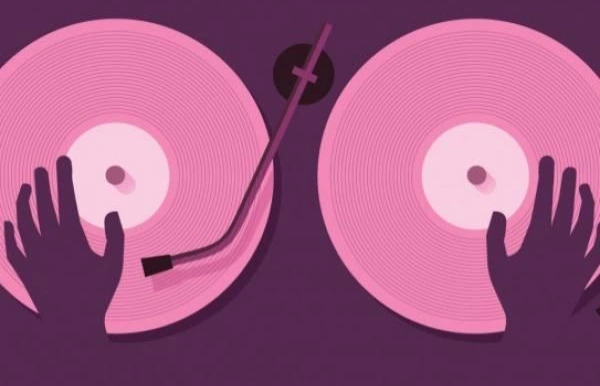
This month is about unity. When millions of people around the world come together with one goal — to save lives. Every kind word, every social media post, every act of participation in a charity event matters.
It is important to remember: taking care of yourself is a sign of strength, not weakness. A doctor’s visit, a conversation with a friend, reminding your mother or sister about prevention — these are small steps that can save a life.
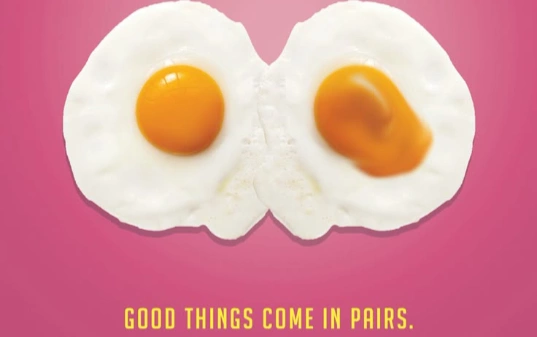
Breast Cancer Awareness Month is not only about illness but also about hope. It is about the strength of women, the support of loved ones, and the love for life. It is a time when pink becomes the symbol of the fact that together, we are stronger than any challenge.
nternational Men’s Day, observed on November 19, is more than just a date on the calendar — it is an important occasion for reflection. This day allows us to see men’s role in the modern world from a new perspective and reminds us that true strength is found not only in actions but also in honesty, care, and responsibility.
🌍 Why do we need this day?
Today, men take on many roles: they build families, raise children, pursue careers, and act as leaders and mentors. Yet society often expects them to be “strong” and “unbreakable,” overlooking their emotional and personal struggles. International Men’s Day challenges these stereotypes, emphasizing that masculinity also includes the ability to express feelings, ask for help, and care for oneself.
💡 Inspiring examples
Across the globe, the holiday is celebrated by sharing stories of men who inspire others. It could be a father devoted to raising his children, a doctor saving lives, a teacher guiding students, or a neighbor always ready to help. These examples show that heroism is often found in everyday actions.
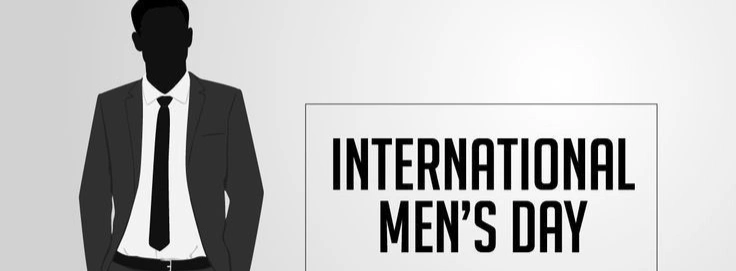
👨👩👦 Care and family
Modern men are increasingly involved in family life and child-rearing. Fatherhood is becoming a symbol of a new masculinity — not rigid or distant, but loving, supportive, and open. International Men’s Day highlights care as one of the most important masculine virtues.
🩺 Health and well-being
One of the holiday’s key missions is raising awareness about men’s health. Many men remain silent about mental health struggles or delay seeing a doctor. This day serves as a reminder that caring for one’s health — both physical and mental — is a vital step toward a happy future.
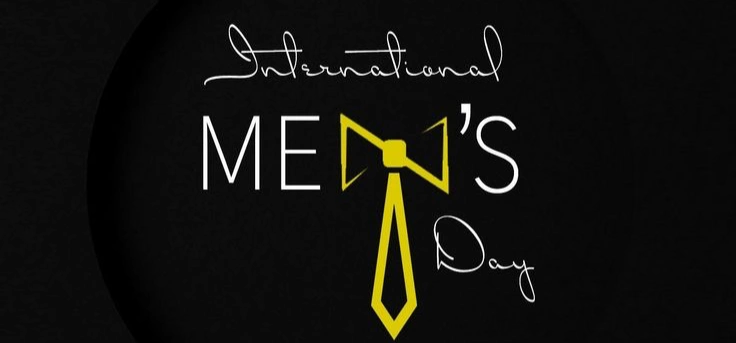
🌟 A new vision of masculinity
International Men’s Day helps society move toward balance and equality. It emphasizes that men, just like women, need support, understanding, and respect. It opens a space for dialogue about a future where everyone can fulfill their potential without fear of judgment.
✨ This day is not only about men — it is about all of us. Respect, gratitude, and care are values that make our society stronger and more humane.
Every year on December 5, the world celebrates International Volunteer Day. Established by the UN in 1985, this day has become a symbol of appreciation for people who dedicate their time and energy selflessly for the benefit of others.
🤝 Who are volunteers?
Volunteers are those who help without expecting rewards. They take part in charity projects, support the elderly, care for children and families, protect animals, and join environmental and rescue initiatives.
During the COVID-19 pandemic, volunteers delivered food and medicine to those in need. In times of natural disasters, they are often the first to arrive and lend a helping hand. In everyday life, they bring care and human warmth where it is most needed.
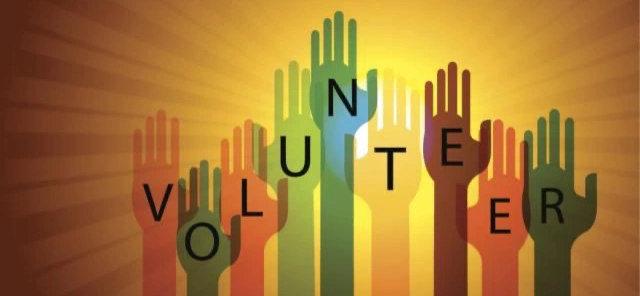
🌱 The value of volunteering
International Volunteer Day highlights that volunteering not only benefits society but also transforms individuals. It offers a chance to feel connected, broaden horizons, find new friends, and share the joy of giving.
The UN emphasizes that volunteers are essential for achieving the Sustainable Development Goals — from fighting poverty to protecting the environment. Every good deed is a building block in creating a fairer and more harmonious world.
🕊️ The symbolism of the day
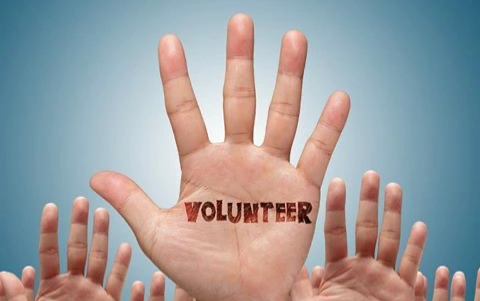
On this day, activities are held worldwide: tree plantings, charity fairs, fundraising marathons, and cultural events. The message is simple: everyone can be a volunteer, because help is measured not only in money but also in time, attention, and kindness.
💡 Why it matters
International Volunteer Day reminds us that even in a world full of challenges, there is always space for kindness and solidarity. It is a day to thank those who make the world better and to inspire others to join the movement of good deeds.
On December 10, when the world observes Human Rights Day, we are reminded that the foundation of freedom and equality lies not only in laws and declarations but also in knowledge. Education shapes a person’s understanding of their rights, teaches respect for others, and nurtures responsibility for the future of society.
Education and human rights
The Universal Declaration of Human Rights, adopted in 1948, explicitly affirms the right of everyone to education. Education is not only about acquiring knowledge but also about developing critical thinking, learning to distinguish truth from manipulation, and building an active civic mindset. In today’s world, it is one of the most powerful tools to prevent discrimination and violence.
Schools — the first step toward a culture of peace
From an early age, children can learn to respect differences and understand the value of cultural and personal diversity. Lessons in history, literature, and the arts help foster empathy and tolerance. It is important that education goes beyond transferring knowledge and also cultivates a culture of dialogue and cooperation.
Universities and youth
Higher education allows young people not only to gain a profession but also to become active participants in social change. Students are increasingly engaged in international projects and discussions on global challenges — from climate change to digital rights protection. Universities are becoming spaces where ideas for a just and sustainable society are born.
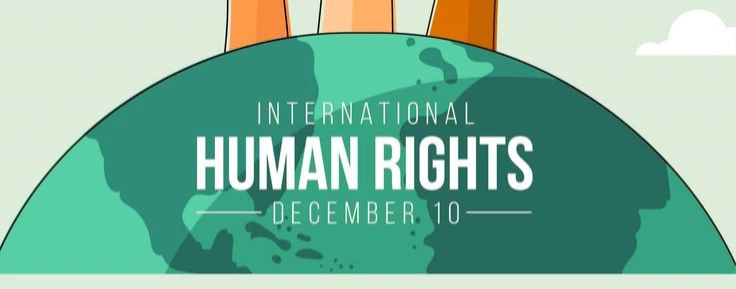
The culture of peace
Education extends beyond schools and universities — it also includes informal learning such as courses, volunteer programs, and cultural exchanges. These opportunities help people from different countries and cultures better understand one another, break down stereotypes, and build trust. A culture of peace is born where people learn to listen and respect each other.
Modern challenges
Today, millions of children worldwide are deprived of access to education due to poverty, war, or discrimination. This threatens the future of entire generations. In the digital age, it is crucial to ensure equal access to knowledge so that technology does not deepen the divide but instead helps to bridge it.
Conclusion
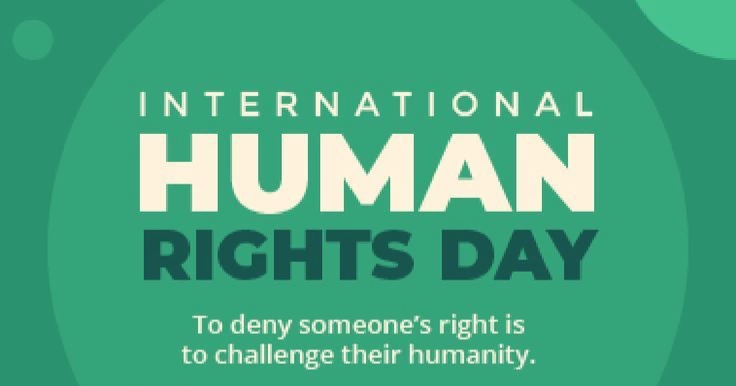
Human Rights Day is a reminder that education is the key to building a world where the freedom and dignity of every person are respected. Only through knowledge and the cultivation of a culture of peace can we create a society where human rights are not just slogans but reality for all.
On December 10, the world observes Human Rights Day, reminding us that rights and freedoms are not only about history and declarations, but also about the challenges of today. In the digital era, young people play a central role in advancing the values of freedom and equality. Their energy, creativity, and ability to use technology open new horizons in the protection of human rights.
The digital era and human rights
The internet and social media have become powerful tools for spreading information and bringing people together across the globe. They help draw attention to issues of discrimination, rights violations, and social injustice. Campaigns, flash mobs, and online petitions are new forms of human rights advocacy, accessible to anyone.
Youth as drivers of change
Young people actively use digital platforms to ensure their voices are heard. They are not afraid to address difficult topics — from climate justice and gender equality to data protection and the right to privacy. Their activism helps shape a new generation of citizens for whom human rights are not abstract ideals but the foundation of daily life.
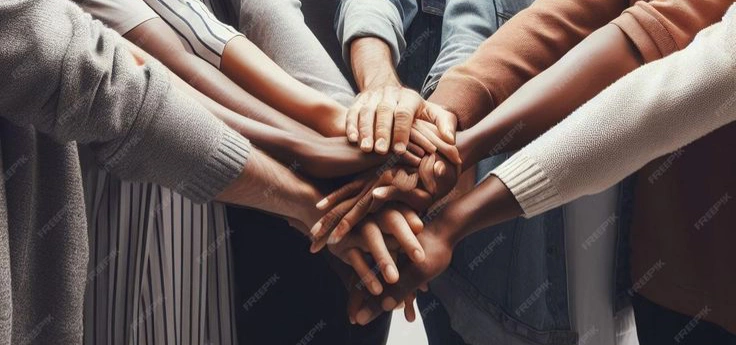
Technology for good
Artificial intelligence, blockchain, and digital archives can all be used in human rights protection. For instance, technology helps document violations, preserve evidence of crimes, ensure transparent elections, and provide access to education for millions of people.
New threats
However, technology also brings risks. Privacy violations, cyberbullying, and manipulations on social media are new challenges facing modern society. That is why it is crucial for young people to learn to use technology responsibly and for the common good.
Intergenerational cooperation
Human Rights Day reminds us that true change is only possible through collaboration. Youth bring energy and new ideas, while older generations contribute experience and wisdom. Together, they can strike a balance between traditional forms of human rights advocacy and innovative digital methods.
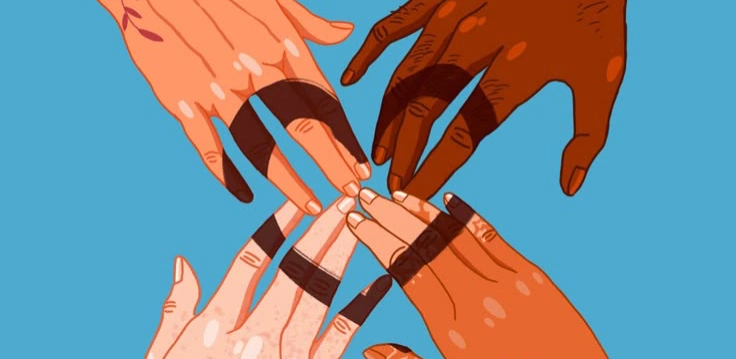
Conclusion
Human Rights Day in the digital era is a reminder that technology and youth activism can form a powerful alliance in defending dignity and freedom for all. The future of human rights largely depends on how the next generation chooses to use digital tools — to create a just, open, and safe world.